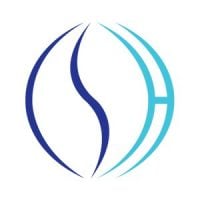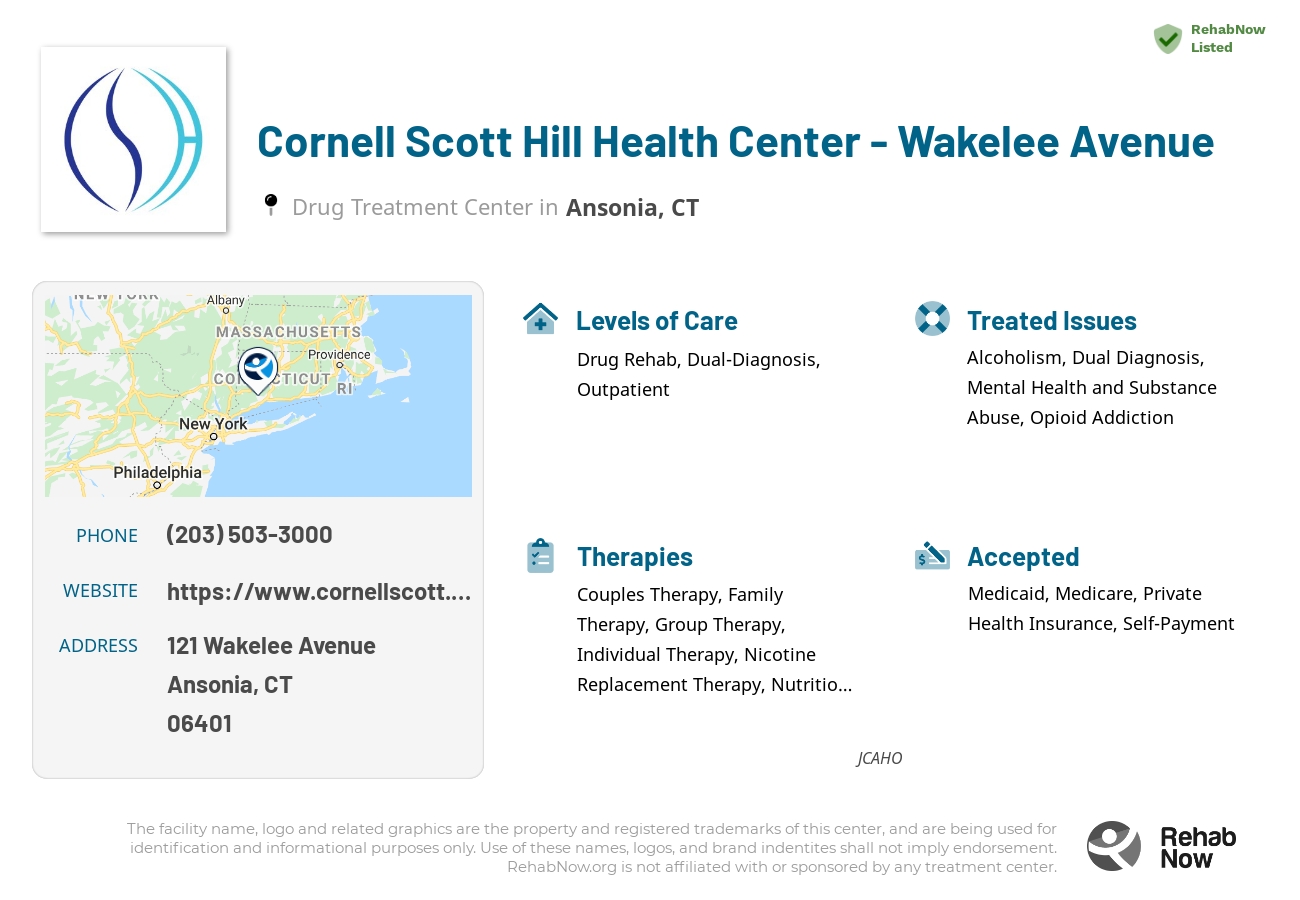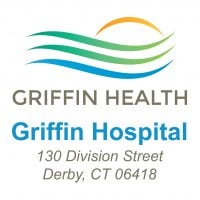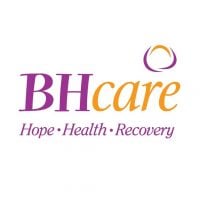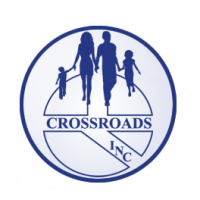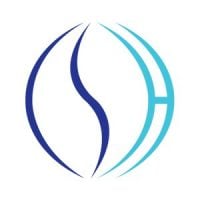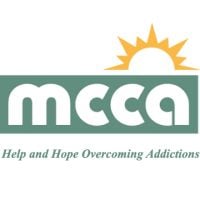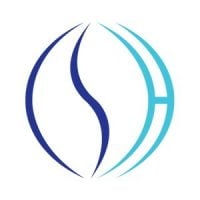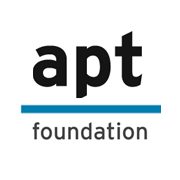Cornell Scott Hill Health Center - Wakelee Avenue
Drug Rehab Center in Ansonia, Connecticut
Cornell Scott Hill Health Center - Wakelee Avenue is a premier addiction treatment facility in Ansonia, Connecticut offering comprehensive treatments designed to help individuals recover from alcohol or drug abuse and achieve long-term sobriety.
About Cornell Scott Hill Health Center - Wakelee Avenue in Connecticut
Cornell Scott Hill Health Center - Wakelee Avenue, nestled in Ansonia, Connecticut, focuses on outpatient services for individuals battling addiction and substance abuse. This facility stands out by implementing a comprehensive approach that encompasses individual counseling, group therapy, psychiatric assessments, and 12-step meetings, providing a multifaceted support system for recovery.
Accredited by the JCAHO and SAMHSA, Cornell Scott Hill Health Center - Wakelee Avenue maintains high standards for addiction treatment. Their commitment to offering a broad spectrum of services, including but not limited to drug rehab and dual-diagnosis treatment, reassures patients of the quality and effectiveness of the care provided.
- 12-step meetings offer a structured pathway towards sobriety, aligning with traditional recovery programs.
- Psychiatric assessments ensure a personalized treatment plan, addressing both addiction and any co-occurring mental health issues.
- Individual counseling allows for a private, tailor-made approach to recovery, focusing on the patient's unique challenges and goals.
Cornell Scott Hill Health Center - Wakelee Avenue specializes in treating a range of issues including alcoholism, opioid addiction, drug addiction, and dual diagnosis conditions. They utilize a variety of treatment methods and levels of care, such as detoxification, outpatient programs, and partial-hospitalization, catering to the specific needs of each individual on their path to recovery.
Genders
Ages
Modality
Additional
Accreditations
SAMHSA

JCAHO
Conditions and Issues Treated
Many people need to recover from substance abuse to live a healthy life. In the end, if you can get through all the steps: detoxifying your body, rehabilitation after some time or when needed (depending on the type), and recovery while also receiving therapy support throughout the process, it can be worth it.
A detoxification center is a common place to start the recovery process from substance abuse. With your body and mind restored, you can continue to heal without the lingering effects of drugs.
Many people who struggle with opioid addiction need to attend specific programs like methadone , Suboxone or Vivitrol clinics.
These types of programs will provide the patient with legal, prescription medications that can help them overcome their cravings for illegal opioids like heroin or fentanyl . If the patient has a chronic condition like Hepatitis C, they must undergo treatment before they can begin taking these medications.
Dual Diagnosis is a specific relationship between two or more disorders that have the same symptoms and can sometimes be treated together. This is used in the treatment planning process when dealing with drug addicts. Dual diagnosis can be viewed as a chronic medical condition that has comorbid psychiatric disorders.
Although addiction and a mental illness may have separate symptoms that are not easy to detect, they often go hand in hand. Many times, drug abuse is a direct result of the mental illness. In other words, treating the addiction will not resolve all of your issues. Unless you also treat the underlying mental illness, you will not be successful in achieving sobriety.
Levels of Care Offered
This center offers a variety of custom treatment tailored to individual recovery. Currently available are Aftercare Support, Detox, Drug Rehab, Dual-Diagnosis, Outpatient, Partial-Hospitalization, with additional therapies available as listed below.
Detox refers to the progressive elimination from the body of toxins. The detox period depends on the form of addiction, the length of drug abuse, and the state of health. Under the supervision of medical practitioners, MAT detox based in Ansonia, CT requires the use of medications.
An outpatient treatment program is set up to help with alcohol or drug addiction, or a co-occurring disorder. The patient must attend the Connecticut facility for their therapy and other programs but are able to return home each night. The frequency of mandatory attendance decreases after much of Cornell Scott Hill Health Center - Wakelee Avenue‘s program is complete.
Aftercare is a term that’s used to refer to any sort of continuing care offered for a drug addict who has voluntarily entered a rehabilitation program. This type of care can be provided in several settings, including outpatient therapy sessions after the addict has completed an inpatient program. There are also 12-step support groups, such as Alcoholics Anonymous, which can provide additional help for addicts trying to stay sober.
Therapies & Programs
Individual Therapy is a critical component of addiction recovery. Therapists work with patients to identify the root of their addiction and figure out how to better handle the issues that led to them using drugs. Individual Therapy is the one-on-one session where people meet with their therapist. Individual therapy provides a safe space for people to open up and discuss personal and sensitive topics which they may not feel comfortable discussing in a group setting.
Couples therapy at Cornell Scott Hill Health Center - Wakelee Avenue focuses on addiction treatment for the addict and their spouse. The addict’s family, not just the addict, can benefit from this form of therapy. Couples therapy addresses communication problems, trust issues, lack of intimacy, and abuse in intimate relationships. Couples therapy can help rebuild trust between partners, which increases the chances for successful treatment and sustained recovery.
Intimate relationships can be damaged during addiction, and professional help may be necessary to rebuild the often destroyed trust and love. Couples therapy at Cornell Scott Hill Health Center - Wakelee Avenue helps couples improve communication and rebuild trust. Either or both partners will be helped by this treatment administered by professionals. This treatment can also help one or both partners if addiction is the problem.
Family therapy will also help families realize that the addiction is not their fault. For many years, people blamed themselves for an addict’s behavior and felt that they had done something wrong. This is not the case. Addiction is a disease, and it can strike anyone, even if their life seems fine from the outside. It can bring a lot of shame to a family when they have an addict in their midst, but if everyone is open and honest with each other, then they can help everyone stay in recovery.
Group Therapy is utilized by drug treatment centers like Cornell Scott Hill Health Center - Wakelee Avenue to provide the recovering drug addict with a platform to talk about their feelings and experiences. It also provides for an opportunity to learn from other addicts who have successfully overcome their addiction.
Group Therapy is employed in lectures, seminars, or discussion groups (the latter two are typically conducted as “therapy groups”). It is recommended that all group members be recovering addicts for this type of therapy to work (though it does not exclude others with lived experience).
Trauma therapy is a clinical process that helps individuals deal with mental stress often caused by traumatic events. It is generally done for children, teenage victims of sexual assault, and war veterans. The therapist helps the person identify, understand and work through the problem. This is done with the help of talking about it in group or one-on-one counseling sessions. Therapists use relaxation, role-playing, art, and music to help the person open up about what is bothering them.
Cognitive behavioral therapy is also a popular service for individuals living with addiction. This type of supportive treatment uses both one-on-one counseling and group sessions to teach addicts how to identify thoughts, behaviors and emotions that might increase their risk of relapse.
These professionals can help addicts develop coping skills for managing stress, improving self-esteem and overcoming triggers. They might also use behavioral therapy to help addicts learn how to avoid cravings and warning signs that could lead them back into addiction.
Therapy can be used as a step-down from inpatient treatment or as the primary method of overcoming an addiction. No matter which option is best for the addict, they will teach important emotional coping techniques, which can make it easier for addicts to get through the tough days.
(REBT) was developed by Dr. Albert Ellis in 1955. The therapy is based on the premise that our beliefs lead to and maintain our emotions and behaviors. Therefore, if a person has irrational thoughts, they will have an unhealthy emotional life. And as long as those irrational beliefs remain unchanged, they will continue to have unhealthy emotions and behaviors.
REBT is a purely psychological therapy, meaning it does not incorporate the use of medications or supplements. Instead, REBT focuses on helping people understand, respect, and accept their feelings without judgment, enabling them to have more control over their actions and behaviors.
The therapeutic process is straightforward: clients learn to identify the irrational beliefs that cause distress, challenge good coping statements, and replace them with healthy, rational beliefs.
Training in improved life skills helps those recovering from addiction feel more capable of self-care. Cornell Scott Hill Health Center - Wakelee Avenue are daily skills that give the person the tools they need to survive.
The therapy covers practical activities like cooking, job hunting, social interaction, and money management, helping to fill in the knowledge gaps caused by addiction.
These life skills help the person self-manage their recovery and stay on track. It also reduces relapse risk as they gain confidence in their day-to-day abilities.
12-Step Program is used by drug treatment centers to get addicts sober. The 12 steps typically begin with addicts admitting they need help. They will work through physical withdrawal symptoms, identify the problems that led to their addiction and learn how to resist cravings. It is often used as a part of an inpatient or outpatient treatment program and is frequently recommended by doctors.
Nutrition therapy has been used to help drug addicts for decades. Many early reports on addiction treatment indicate that some patients recovered from the “satisfying power of food”. For years, this phenomenon has been utilized as a treatment modality in eating disorders for adults, adolescents, and children. Specific nutrients have been identified that influence neurotransmitters associated with reward pathways of the brain.
Studies have shown that carbohydrate loading with complex carbohydrates to elevate serotonin levels was effective in treating bulimia nervosa. This approach prompted researchers to explore the use of this type of nutritional intervention in other disorders.
Nicotine replacement therapy treats nicotine addiction using external sources of nicotine, such as patches or gum to substitute for nicotine. This allows people trying to quit smoking to get their desired dose of nicotine without actually having to smoke cigarettes. The idea behind NRT is that by providing smokers with nicotine in forms that are not cigarettes, they may be more likely to quit smoking.
NRT has been available for many years now, and there is a wealth of evidence that shows that it helps people trying to quit smoking. There are several different types of NRT devices on the market now. Patients interested in quitting smoking should talk to their doctors about the best kind of NRT for them.
Contingency Management (CM) is one of the most widely used behavioral approaches to improving drug addiction outcomes. CM aims to change behavior by linking desired behaviors (such as abstinence) with some reward. Incentive programs have been used successfully in various settings, and research has suggested increasing engagement in health care. LPE is a treatment that engages clients by reinforcing points, tokens, or coupons that can be traded for especially reinforcing items.
Payment Options Accepted
For specific insurance or payment methods please contact us.
Is your insurance accepted?
Ask an expert, call (888) 674-0062
Cornell Scott-Hill Health Center Associated Centers
Discover treatment facilities under the same provider.
- Cornell Scott - Hill Health Center Cedar St. in New Haven, CT
- Cornell Scott Hill Health Center - SCRC in New Haven, CT
- Cornell Scott - Hill Health Center West Haven in West Haven, CT
- Cornell Scott Hill Health Center - 400 Columbus Avenue in New Haven, CT
- Cornell Scott - Hill Health Center Dixwell Avenue in New Haven, CT
Learn More About Cornell Scott-Hill Health Center Centers
Additional Details
Specifics, location, and helpful extra information.
Ansonia, Connecticut 6401 Phone Number(203) 503-3000 Meta DetailsUpdated April 15, 2024
Staff Verified
Cornell Scott Hill Health Center - Wakelee Avenue Patient Reviews
There are no reviews yet. Be the first one to write one.
Ansonia, Connecticut Addiction Information
Connecticut has a higher rate of substance abuse and addiction than the national average. The state ranks in the top 10 in the country for illicit drug dependence among those ages 18 to 25. In 2010, there were 9,211 people admitted to an alcohol treatment facility for alcohol abuse combined with a secondary drug. Connecticut ranked fifth in the United States of America for the number of fatalities involving drunk driving in 2014.
The severity of drug or alcohol addiction in Ansonia, CT, is challenging to measure. According to recent statistics, there were over 600 hospitalizations related to drug abuse in Ansonia in 2016. Many families and individuals in Ansonia struggle with addiction, and the resulting problems can be devastating. There are a few different types of treatment available in Ansonia, CT. The most common type is outpatient treatment.
Treatment in Nearby Cities
- Newington, CT (31.2 mi.)
- Brooklyn, CT (66.7 mi.)
- West Haven, CT (8.9 mi.)
- Canaan, CT (44.5 mi.)
- Cheshire, CT (14.9 mi.)
Centers near Cornell Scott Hill Health Center - Wakelee Avenue
The facility name, logo and brand are the property and registered trademarks of Cornell Scott Hill Health Center - Wakelee Avenue, and are being used for identification and informational purposes only. Use of these names, logos and brands shall not imply endorsement. RehabNow.org is not affiliated with or sponsored by Cornell Scott Hill Health Center - Wakelee Avenue.
